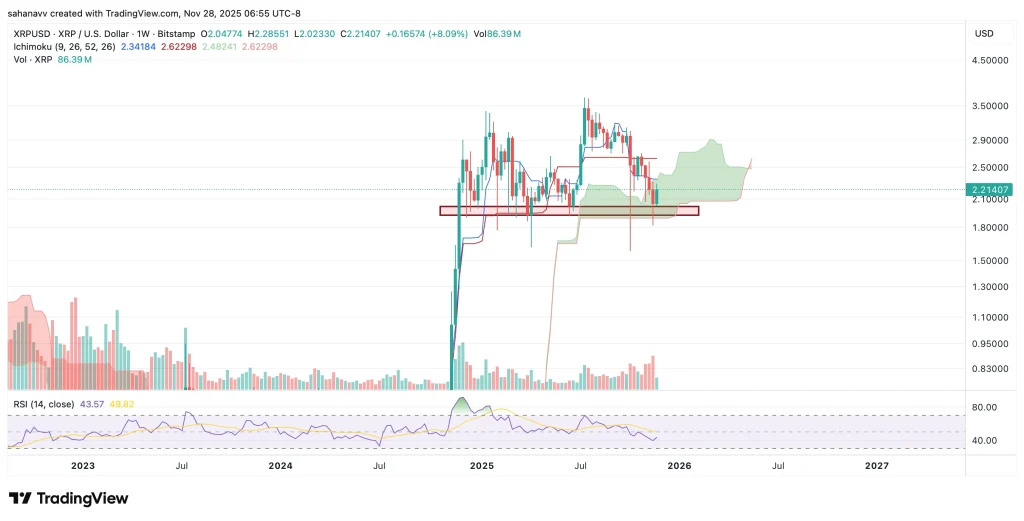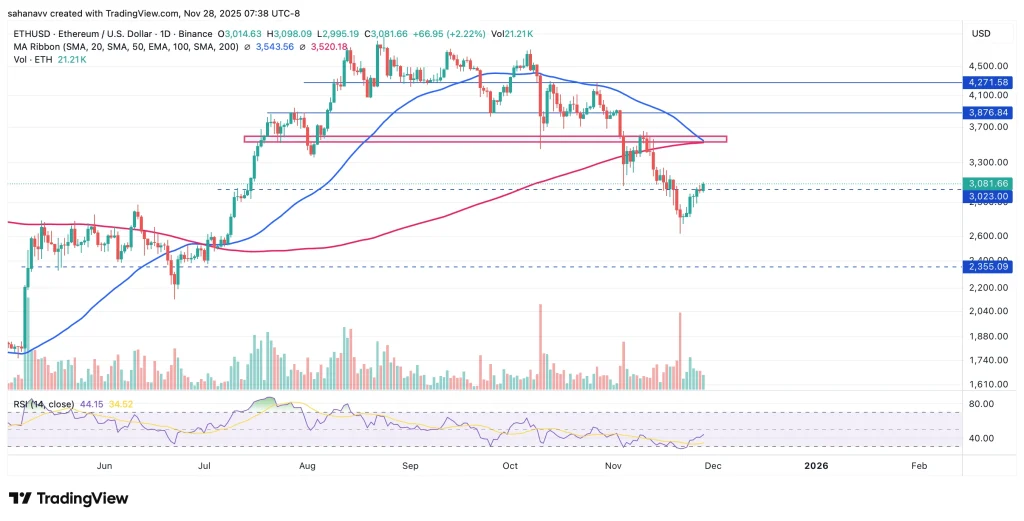Ethereum News Today: South Korea Aims to Build Crypto Powerhouse as Global Giants Watch Closely
- South Korea plans to allow listed companies to legally invest in digital assets, promoting crypto treasury companies (CTCs) as part of its global digital asset strategy. - Proposed stablecoin bills include 5B won minimum reserves and bans on interest payments, while others balance innovation with transparency requirements. - Global firms like Binance and Tether closely monitor Korea’s regulations, which could shape regional stablecoin adoption and challenge USD-backed dominance. - CTCs attract investor i
South Korean lawmakers are disclosing significant cryptocurrency holdings, reflecting a growing trend in the nation’s financial landscape where digital assets are increasingly viewed as strategic investments. Among the most prominent developments, South Korea is preparing to introduce a legal framework allowing listed companies to invest directly in digital assets, a move expected to pave the way for the emergence of domestic crypto treasury companies (CTCs). This follows years of regulatory restrictions and comes as part of the country’s broader strategy to strengthen financial sovereignty and compete in the global digital asset market [5].
Several proposed stablecoin bills are currently under review in South Korea’s National Assembly, each aiming to define how stablecoins will be issued, backed, and regulated. The Value-Stable Digital Assets Bill, introduced by Democratic Party lawmaker Ahn Do-geol, requires stablecoin issuers to maintain a minimum capital of 5 billion won and hold 100% reserves in highly liquid assets, such as cash or government bonds. The bill also bans interest payments on stablecoins to prevent disruptions to monetary policy and financial stability [4].
In contrast, the Payment Innovation with Fixed-Price Digital Assets Bill, proposed by People Power Party member Kim Eun-hye, allows for interest payments and emphasizes transparency through mandatory disclosure requirements. This approach seeks to balance investor protection with innovation, positioning South Korea as a competitive player in the Asia-Pacific digital asset market. Another bill, the Digital Asset Basic Act introduced by Democratic Party representative Min Byung-duk, proposes the creation of a presidential-level Digital Asset Committee to oversee policy coordination and industry development [4].
The regulatory developments in South Korea are closely monitored by global players such as Binance and Tether, two of the largest stablecoin issuers worldwide. A flexible framework could enable the creation of won-pegged stablecoins, supporting cross-border settlements in the Asia-Pacific region and offering local users an alternative to U.S. dollar-backed coins. However, stringent rules, such as those restricting interest payments, could discourage the use of stablecoins and limit innovation. These regulations may also reinforce the dominance of U.S. dollar-backed stablecoins like Tether’s USDT and USDC , constraining the growth of global issuers in the region [4].
The rise of CTCs, which have gained traction globally by holding large reserves of cryptocurrencies, is also influencing South Korea’s financial strategy. South Korean retail investors have shown strong interest in these firms, with shares of international CTCs like BitMine ranking high in net purchases. The South Korean government is now preparing to allow domestic listed companies to legally accumulate digital assets, signaling a shift in policy that could attract further institutional investment and innovation in the sector [5].
Analysts caution that while the CTC model presents opportunities for growth, it also carries risks, particularly due to the volatility of crypto markets. Heavily leveraged positions and large-scale holdings could expose these firms to sharp declines in value, potentially leading to insolvency. Experts emphasize the need for strong fundraising strategies and resilience to asset price shocks to ensure long-term sustainability [5].
South Korea’s evolving regulatory and investment environment for cryptocurrencies underscores its strategic intent to position itself as a key player in the global digital asset market. The government’s efforts to define a clear legal framework for stablecoins and digital asset investments are expected to play a critical role in shaping the future of the country’s fintech sector [4].
Source:
Disclaimer: The content of this article solely reflects the author's opinion and does not represent the platform in any capacity. This article is not intended to serve as a reference for making investment decisions.
You may also like
HYPE Price Prediction December 2025: Can Hyperliquid Absorb Its Largest Supply Shock?

XRP Price Stuck Below Key Resistance, While Hidden Bullish Structure Hints at a Move To $3

Bitcoin Price Prediction: Recovery Targets $92K–$101K as Market Stabilizes
Ethereum’s Layer‑2 Surge Signals Next ETH Price Rally—But a Key Hurdle Remains
